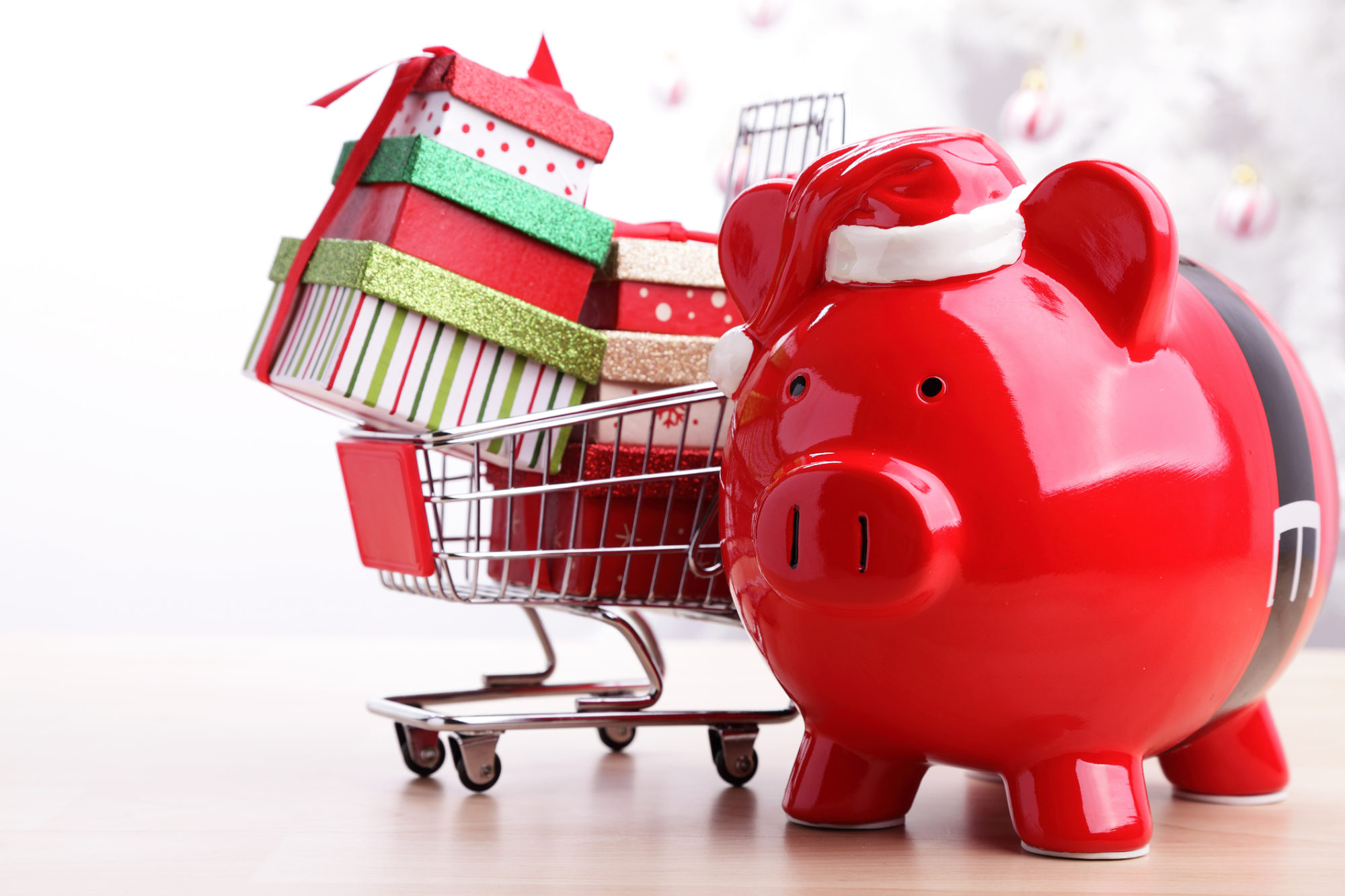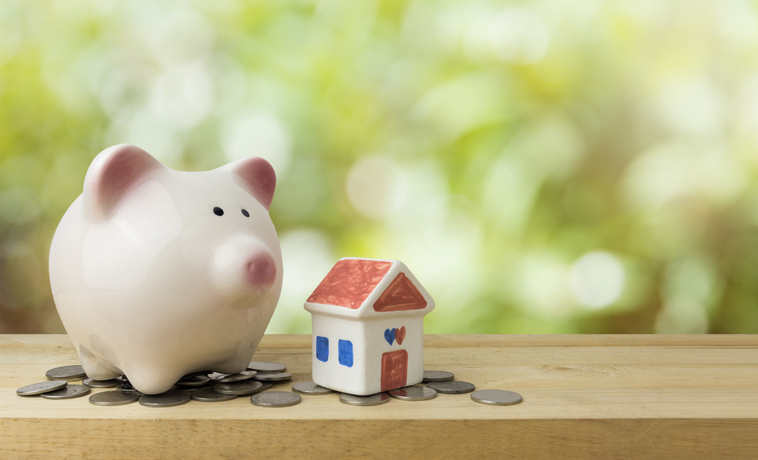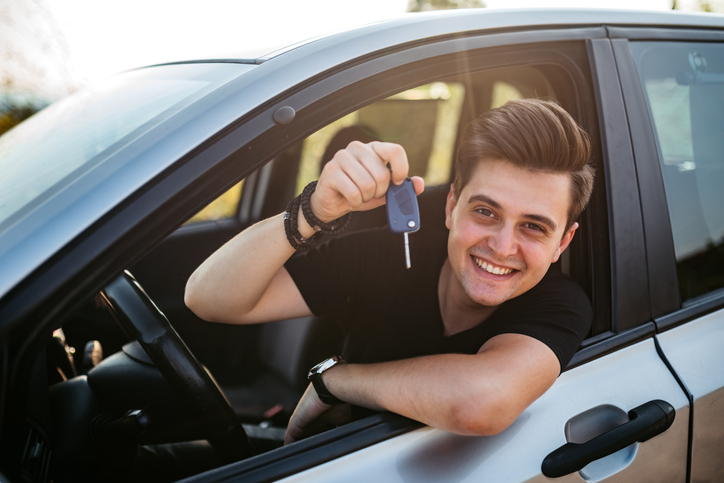Contributed by: Omaira Gonzalez, COO of Family Bridges
Have you ever heard the term “keeping up with the Joneses?” It’s where individuals want to keep up with the lifestyle others have. But at what cost? Most Americans are currently living paycheck to paycheck, overspending way too much, and getting into more debt. The credit bureau Experian shares that the average American has $90,460 in debt, which includes all types of debt: consumer products, credit cards, personal loans, mortgages, and student debt.
In my younger years, my husband and I made some bad choices with our money. We lived well, but we had developed bad financial habits that led us to live paycheck to paycheck and drowning in debt. If an emergency arose, we would have to use one of the credit cards to get through the crisis. It was a vicious cycle that seemed impossible to get out of, and we felt hopeless. We had normalized the problem and eventually accepted it. This kind of lifestyle became such a burden, and because of it, we became prisoners.
However, not all is lost. A lesson learned is a lesson learned. We had enough and decided debt was dumb. We wanted to live a debt-free life. Together with my husband, we started a plan and chose to develop healthier financial habits. We learned to say “no” and only say “yes” to those things we could afford.
So how did we do it? We started with these easy and not-so easy steps:
List your debt
Grab pen and paper, your laptop, iPad, whatever and list your debt.
We listed our debt (except our mortgage) and started paying off the balance from smallest to largest. We focused on the little debt and then attacked the bigger ones. As we worked down the line, we had more money to apply to the other debt.
Build up an emergency fund
Building up an emergency fund can seem daunting. But it’s sooooo necessary. If 2020 taught us anything, it’s that disaster can strike at any given moment.
While we were fixing our finances, we built up our emergency fund. By doing so, we no longer depended on credit cards. Instead of borrowing from others, we would use our emergency fund, then pay it back. Interest-free! Also, keep in mind that losing a job can set finances back, so we worked on building three to six months of expenses into a full emergency fund.
Pay in cash
You’ve heard it once, you’ll hear it a thousand times. Pay in cash.
That’s the route we took. If we wanted something, we would save up for it. This included vacations.
Learn about money
There’s always room for growth. Take a financial class. Learn how to budget. Learn about your money attitudes.
A key component of how we got our life back on track was learning and understanding how finances work. We joined finance classes and began to dive deeper in understanding the mistakes we had made, the myths we believed in, and how to avoid repeating those same mistakes.
Pass on the knowledge
Don’t hog your knew-found knowledge. Share it with others. (But don’t be a know-it-all either. Nobody likes those people.)
We taught our kids, our family and shared our story. Today they are in a much better position than we were at their age. They understood that building their wealth is not something that happens quickly, making emotional decisions, but instead staying steady, focused, and decided. They began to ask questions when making a big purchase decision. By first deciding on breaking the debt cycle in your life, your future generation will make better decisions, be in a better financial position, and have more financial freedom to do the things they love.
I am glad my husband and I decided to work together and not against each other. We had to take baby steps and identify present and future goals (attainable goals) with clear directions. We realized how important it was to stay connected and committed in our thoughts and dreams and to begin building healthier communication around this topic.
It took us many years to get into debt, so becoming debt-free took some time. It was baby steps towards our road map of becoming debt-free. We are happier for it, and it has freed up our income to build up our wealth.
Take it from me; you are never too deep to start. Make the decision, stay committed, say “no” when you can’t, and build healthier financial habits. One of the questions that resonated with me from a class I took was to add up how much of your income is currently going out in the form of payments every month (credit cards, home equity loans, mortgage, car loans, etc.). What could you do with that money if you got to keep it?
So what would you do?




